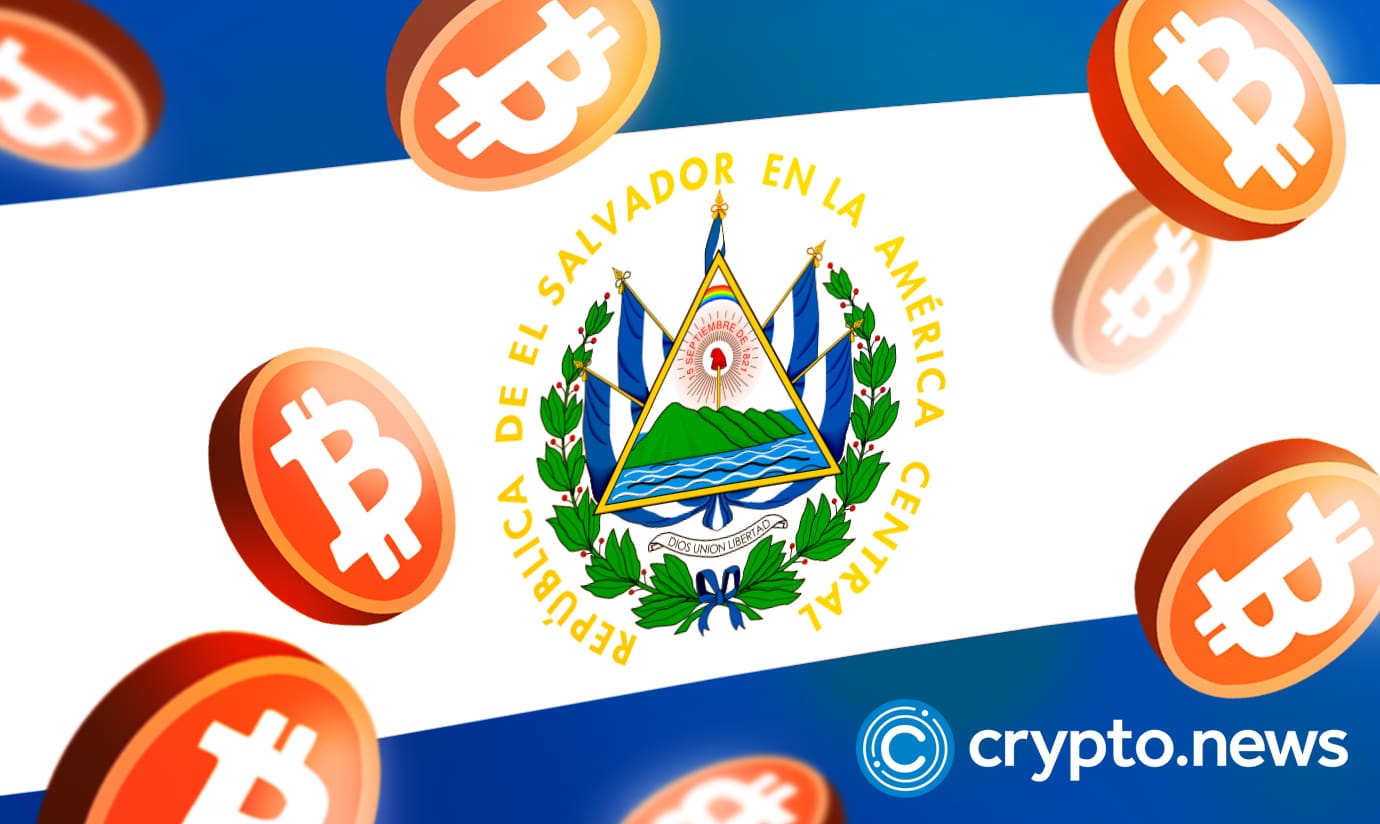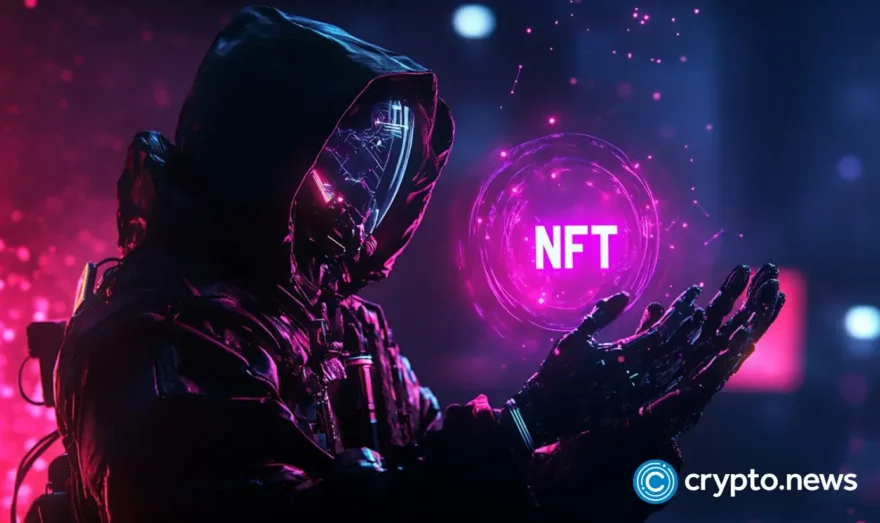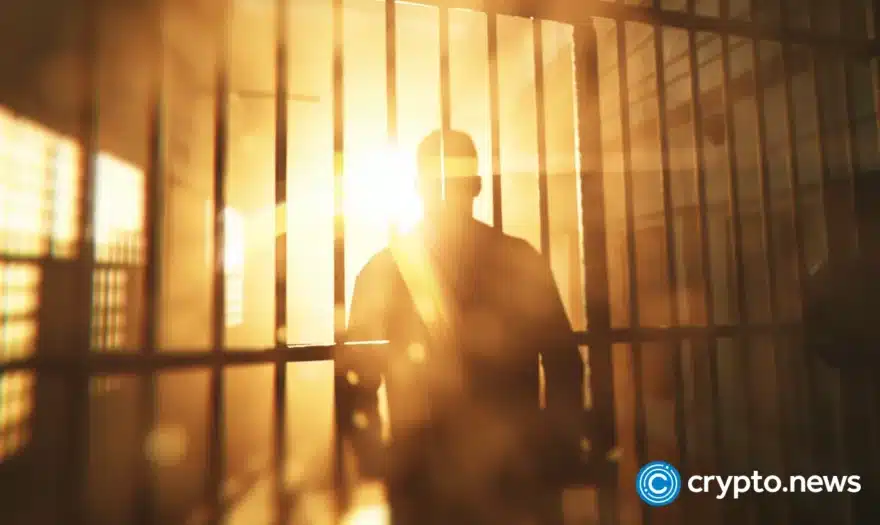El Salvador Nationals Could ‘Lean Back’ on Bitcoin, New Study Shows

A study by the National Bureau of Economic Research (NBER) shows that cryptocurrency adoption in El Salvador is not as widespread as earlier thought.
President Bukele Believes BTC Can Transform El Salvador
In September 2021, El Salvador became the first country to legalize the use of Bitcoin (BTC) amid much fanfare. At the time, Salvadoran President Nayib Bukele promised the people of El Salvador that BTC would help digitize the country’s economy, cut its dependence on the U.S. dollar, lower remittance fees, and drive foreign investment into the country.
To support BTC adoption, the Salvadorian government introduced an app called the Chivo Wallet. People who downloaded the app received $30 worth of bitcoin as a bonus.
Study Shows Growing Antipathy Towards BTC
The NBER report revealed that more than 68% of Salvadorans were aware of bitcoin and the Chivo Wallet, with most of them finding out about them through social media. However, not everyone who was aware of the wallet downloaded it.
According to the report, more than 40% of Chivo Wallet downloads were made immediately after the app’s launch, mainly because of the $30 incentive.
The report also revealed that less than half of those who had downloaded Chivo continued using it after spending their bonus. And there is little evidence to show that Salvadorans are using BTC either to pay taxes or to send remittances of significant value.
Additionally, despite Bitcoin’s status as legal tender and the many incentives implemented by the Salvadorian government, the cryptocurrency is still not widely used.
The NBER survey found that fewer than 20% of all businesses in El Salvador accepted BTC as a means of payment. Furthermore, only 4.9% of sales in the country were paid for in BTC, with more than 88% of merchants that accepted the cryptocurrency promptly converting it to fiat.
Reasons Why Salvadorians are Resisting BTC
There are several reasons why most Salvadorans are not using Bitcoin. At the top of the list is that a large section of the population still prefers to use cash instead of BTC.
Secondly, people still do not understand or trust Bitcoin itself or the system set up to support its use. Additionally, a fairly large percentage of Salvadoran nationals have no access to the internet or mobile phones, which are both needed to use Bitcoin.
There have also been complaints about the complexity of the technology around BTC and the constant errors in the Chivo app.
Using the app is also fairly expensive. While charges for withdrawing cash from Chivo ATMs and converting BTC into U.S. dollars are quite negligible, most merchants charge significant fees to provide the same services outside of the wallet.
President Bukele might still paint a rosy picture of BTC adoption on social media, but the reality on the ground is quite different.













